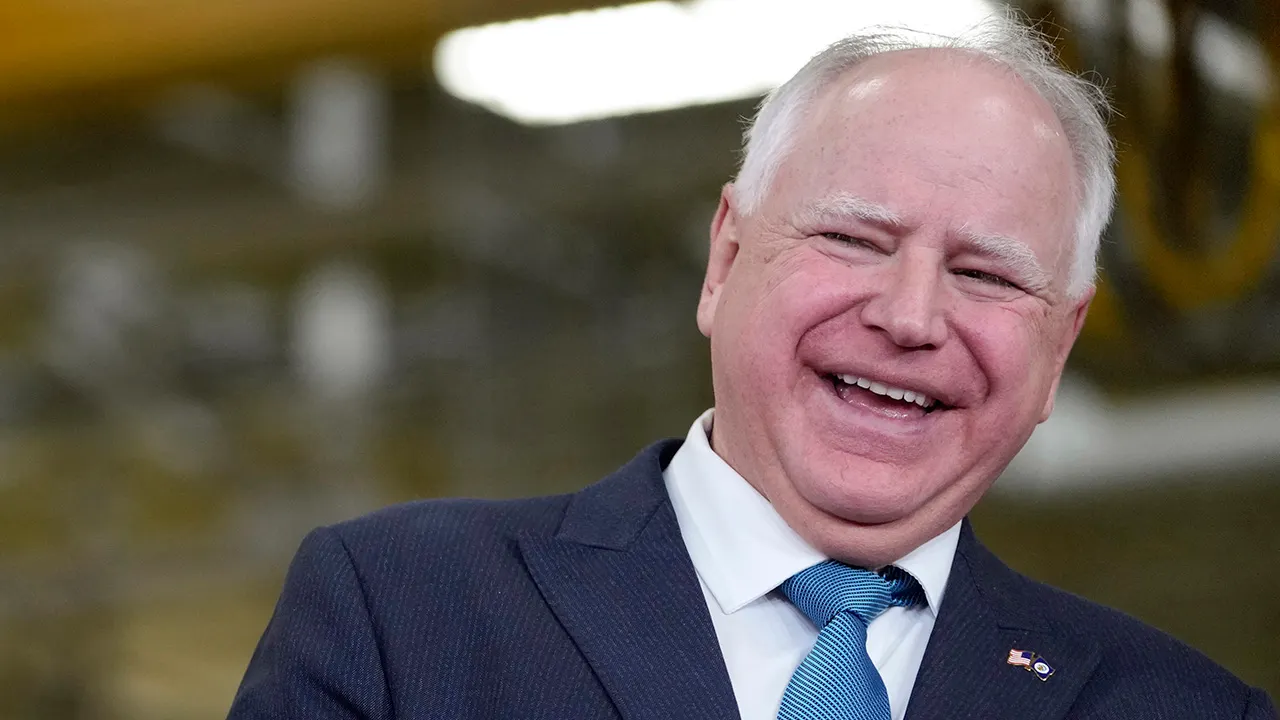Minnesota Governor Tim Walz appeared on Fox News Sunday to push back against Republican-backed abortion bans. In his interview with host Shannon Bream, Walz criticized the rollback of abortion rights following the Dobbs decision, calling it “bad policy.”
He highlighted the dangerous consequences of these restrictions, pointing to cases in Texas and Georgia where women were denied medically necessary procedures and suffered life-threatening complications. Walz pointed out the rising maternal mortality rates in Texas as a direct result of these policies.
Walz emphasized that, while some view abortion as a political issue, it is fundamentally about a woman’s right to make decisions regarding her own body. He shared examples of women being forced to delay or forgo medical treatment, which could lead to severe health risks like sepsis or even death. He strongly condemned the policies that force women to go without treatment and put their lives at risk.
In January 2023, Walz signed a law in Minnesota that protects abortion rights, ensuring continued legal access to reproductive healthcare.

The law was meant to safeguard abortion access in the state, especially following the Supreme Court’s Dobbs v. Jackson Women’s Health Organization ruling, which overturned Roe v. Wade. Walz expressed that this legislation would protect Minnesotans’ ability to access abortion, regardless of political shifts or changes to the Supreme Court.
Walz also emphasized that the Biden administration remains committed to restoring abortion protections at the federal level, particularly by reinstating Roe v. Wade.
He made it clear that both he and Vice President Kamala Harris have been vocal in their support for this restoration, affirming that women’s rights to make their own healthcare decisions should be upheld. Walz stressed that the issue is about protecting the fundamental rights of women across the country.
Through this interview, Walz positioned himself as a strong advocate for abortion rights, contrasting his stance with the Republican push for restrictive laws. He argued that such policies endanger women’s lives and violate their rights, stressing the need to protect access to safe abortions and ensure women can make health decisions free from restrictive state laws.


